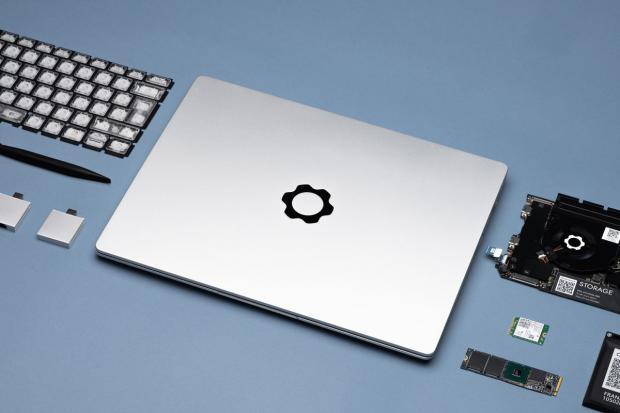
Breaking News
SEMI-NEWS/SEMI-SATIRE: February 22, 2026 Edition
 The Domino Effect: How a U.S. Attack on Iran Could Unleash Global Catastrophe
The Domino Effect: How a U.S. Attack on Iran Could Unleash Global Catastrophe
Top Tech News
 New Spray-on Powder Instantly Seals Life-Threatening Wounds in Battle or During Disasters
New Spray-on Powder Instantly Seals Life-Threatening Wounds in Battle or During Disasters
 AI-enhanced stethoscope excels at listening to our hearts
AI-enhanced stethoscope excels at listening to our hearts
 Flame-treated sunscreen keeps the zinc but cuts the smeary white look
Flame-treated sunscreen keeps the zinc but cuts the smeary white look
 Display hub adds three more screens powered through single USB port
Display hub adds three more screens powered through single USB port
 We Finally Know How Fast The Tesla Semi Will Charge: Very, Very Fast
We Finally Know How Fast The Tesla Semi Will Charge: Very, Very Fast
 Drone-launching underwater drone hitches a ride on ship and sub hulls
Drone-launching underwater drone hitches a ride on ship and sub hulls
 Humanoid Robots Get "Brains" As Dual-Use Fears Mount
Humanoid Robots Get "Brains" As Dual-Use Fears Mount
 SpaceX Authorized to Increase High Speed Internet Download Speeds 5X Through 2026
SpaceX Authorized to Increase High Speed Internet Download Speeds 5X Through 2026
 Space AI is the Key to the Technological Singularity
Space AI is the Key to the Technological Singularity
 Velocitor X-1 eVTOL could be beating the traffic in just a year
Velocitor X-1 eVTOL could be beating the traffic in just a year
Framework Laptop designed for customization and repair

The company has today launched a 13.5-inch laptop aimed at ticking all of those boxes.
I remember a time not so long ago when upgrading, modifying or repairing laptops were well within the reach of computing enthusiasts. But with the arrival of thinner and more powerful portable computers came more and more difficulty in getting under the hood and tinkering, leading to a replace rather than repair mindset.
The Framework Laptop has been designed to be "upgraded, customized, and repaired in ways that no other notebook can." The basic model is (currently) built around a 13.5-inch 2,256 x 1,504 resolution display, 11th Generation Intel Core processor, up to 64 GB of DDR4 RAM and 4 TB or more of Gen 4 NVMe storage.
The outer shell is made from 50 percent post-consumer recycled aluminum and is home to a low-profile keyboard with 1.5 mm of key travel, Wi-Fi 6 can be cooked in, there's a 55-Wh battery, and the 15.85-mm-thick portable incorporates a 1080p webcam capable of 60 frames per second that comes with hardware privacy switches. The company is also aiming to use an average of 30 percent post-consumer recycled plastic in the construction of the laptop.
The entire mainboard can be swapped out to bump up performance as new versions become available from the company, and an expansion card system allows users to select port configurations. Components like the battery, display, keyboard and more can be replaced as desired too. Components sport a QR code that will direct users to guides and listings on the Framework web store.

 TGIF: Immigration and Culture
TGIF: Immigration and Culture Does It Smell Like Victory?
Does It Smell Like Victory?


